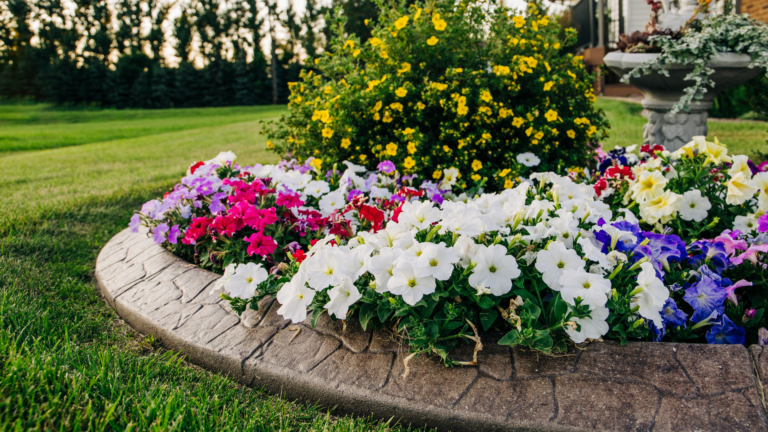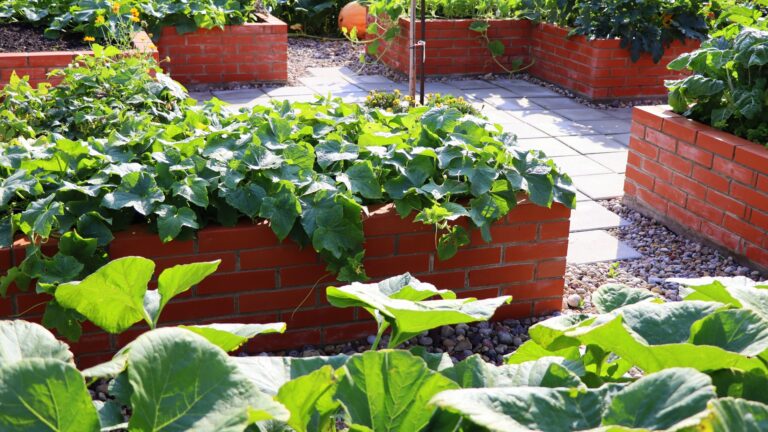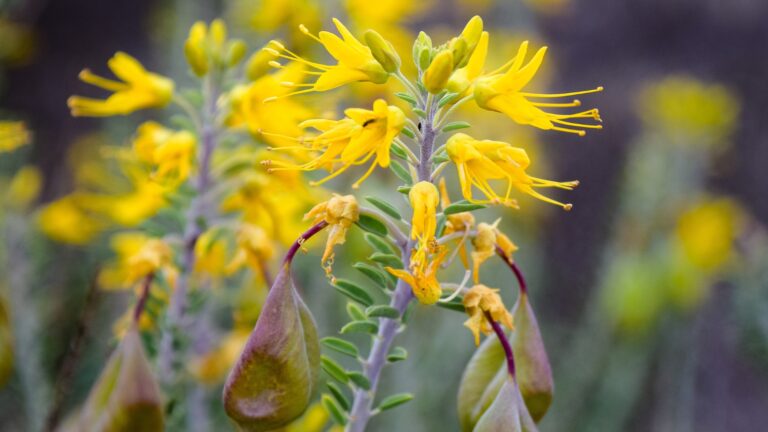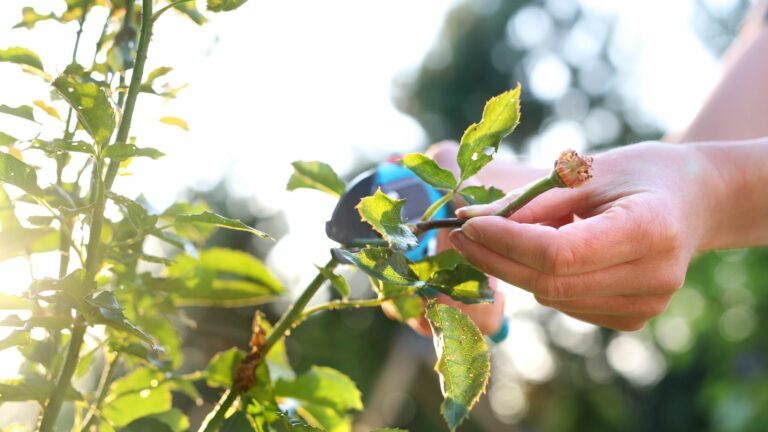Is Watering Aloe Vera With Sugar Water A Genius Move Or Just A Recipe For Disaster?
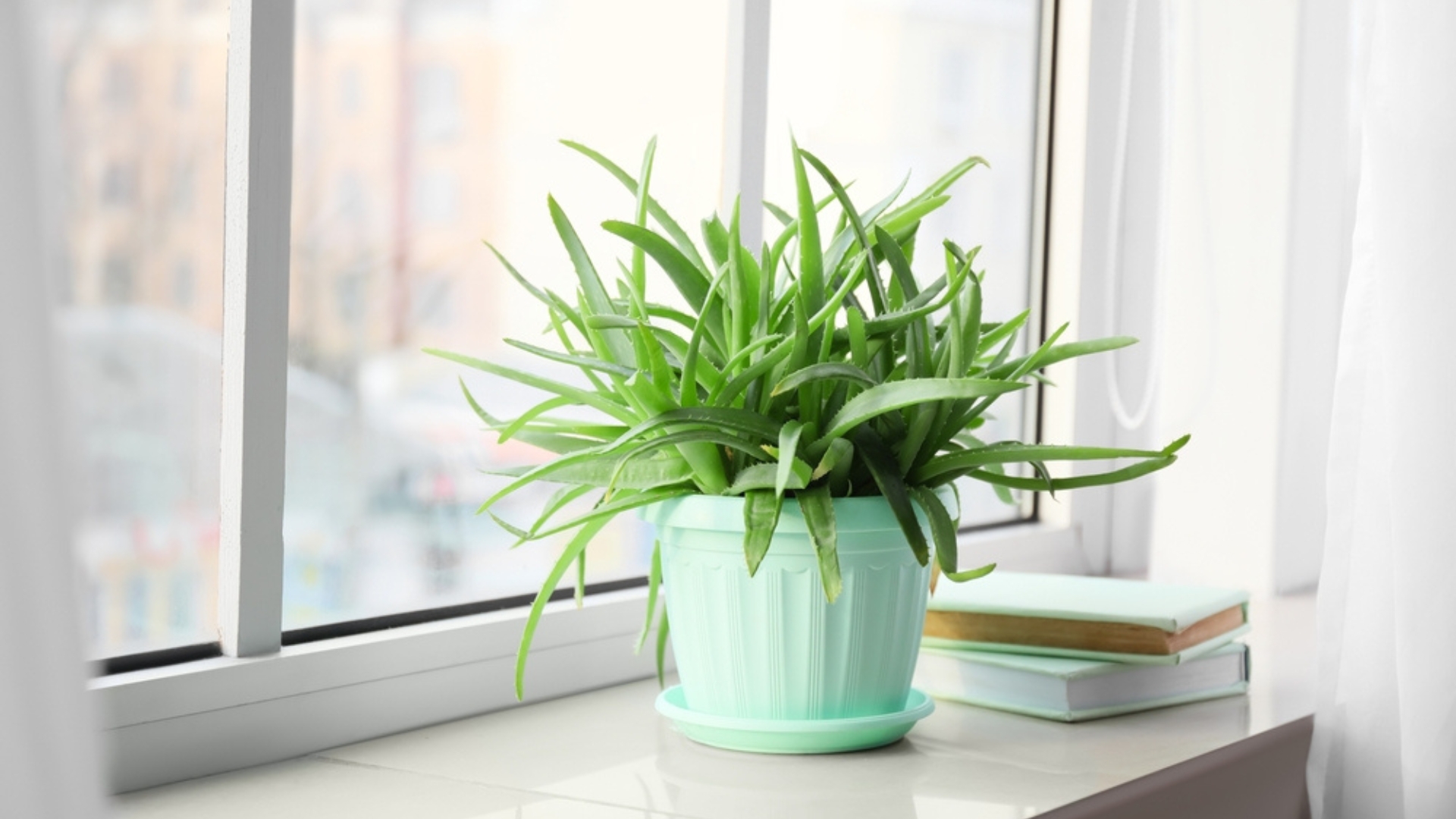
Its stunning fleshy leaves and countless benefits are what make aloe vera super popular among gardeners worldwide. I got mine when I first dipped my toes into indoor gardening, and it’s still hanging in there!
You see, this is a hardy plant that requires little to flourish, which brings me to my confession. I’ve experimented with my aloe vera over the years and uncovered a bunch of tricks that are said to make it thrive.
Of all these hacks, the one that really caught my eye was watering aloe vera with sugar water. Oh, you saw it, too?
Gardeners swear it works, so why not try it, right?
Well:
Think Twice Before Using Sugar Water For Your Aloe Vera
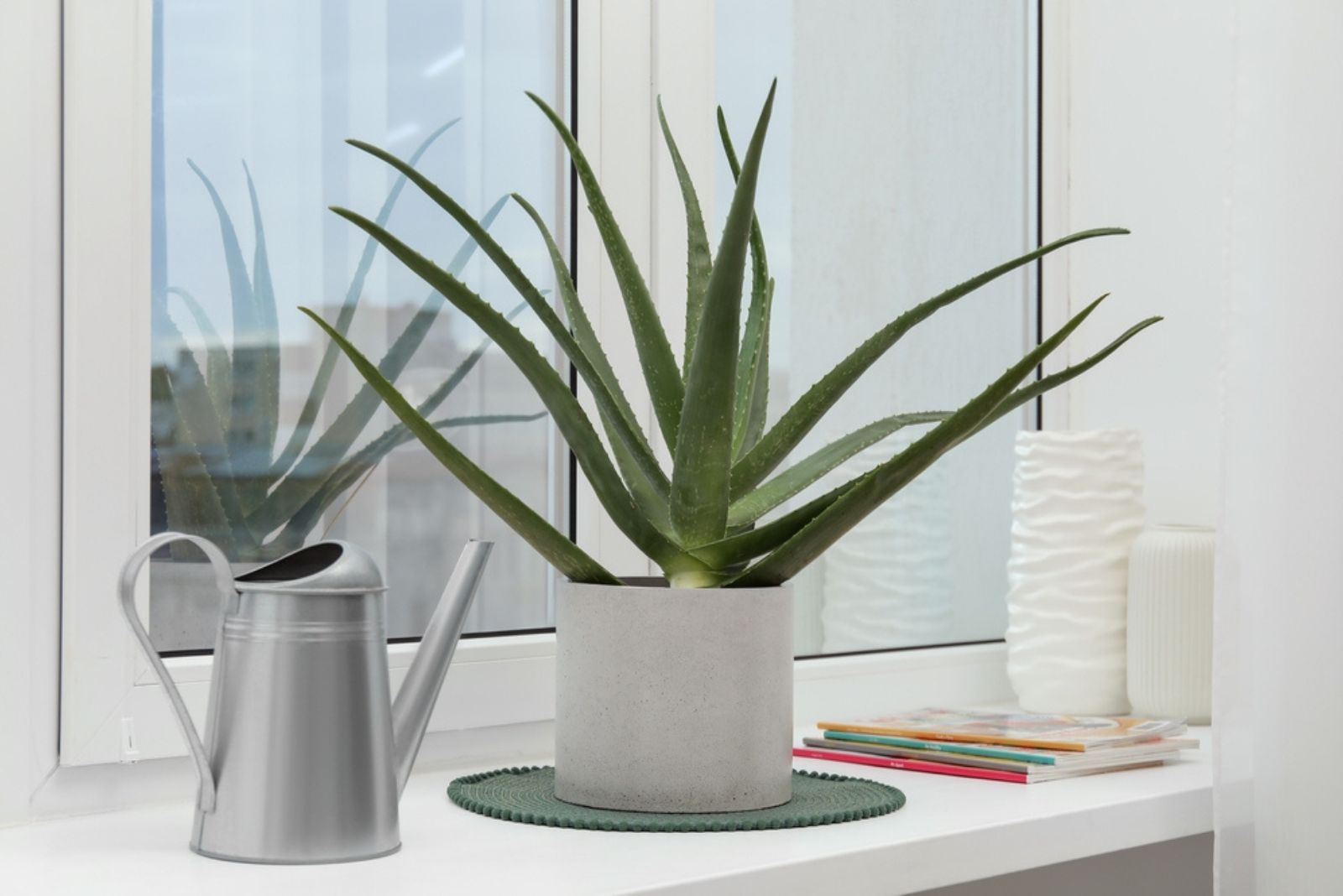
Have I tried the hack? Yes. Did it work? Not really.
I’m all into science, but there isn’t scientific backing on this one. Sugar gives energy and plants need energy to grow happy and healthy.
But in the plant growing process, it produces its own sugar through photosynthesis. Too much sugar can actually have an adverse effect on its growth.
What happens when you water your aloe vera with sugar water? Excess amounts of this compound prevents the plant from uptaking the rest of the nutrients found in the soil.
Using this water for a long time can result in mold, which makes the plant unsightly, unhealthy, and worst of all, smell horrible.
This means this hack isn’t your best bet.
This Is When Sugar Water Might Work
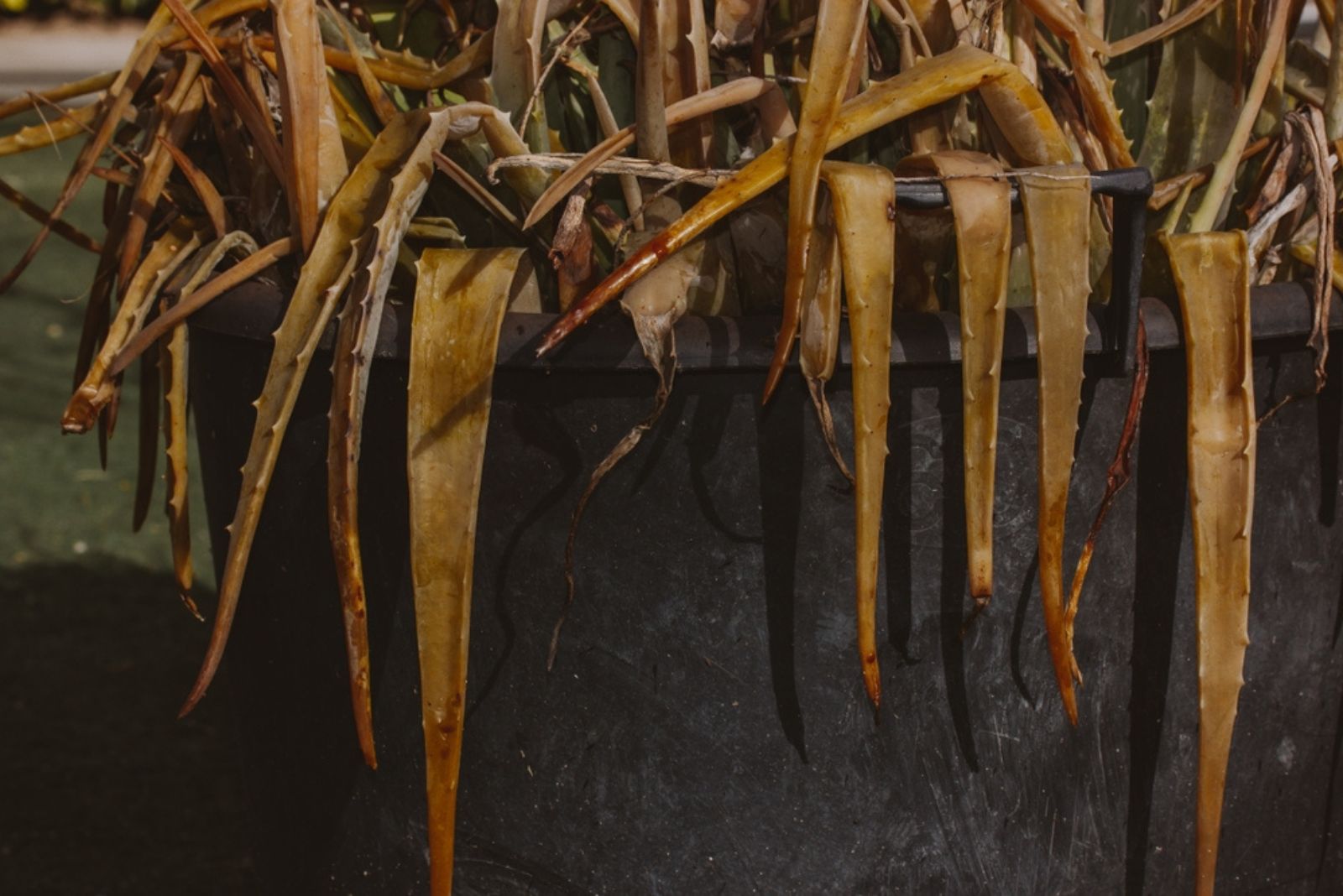
But if the trick doesn’t work, why do so many gardeners swear by it? If your aloe vera is wilting and looks lifeless, a little bit of sugar won’t hurt it.
If you meet all other requirements and determine the cause of wilting, you can add sugar water in the process of reviving it. However, you should never use it more than once a month unless you want the side effects I mentioned above.
My aloe vera was entirely healthy when I used sugar water so it really didn’t make any difference. That’s exactly what I’ll recommend to you. Stay away from sugar water if your plant doesn’t show any signs of distress!
Underwatering and overwatering aloe vera plants are the most common issues, so let’s find out the best practice that doesn’t involve sugar water!
And Here Are The Best Watering Practices For This Succulent Plant
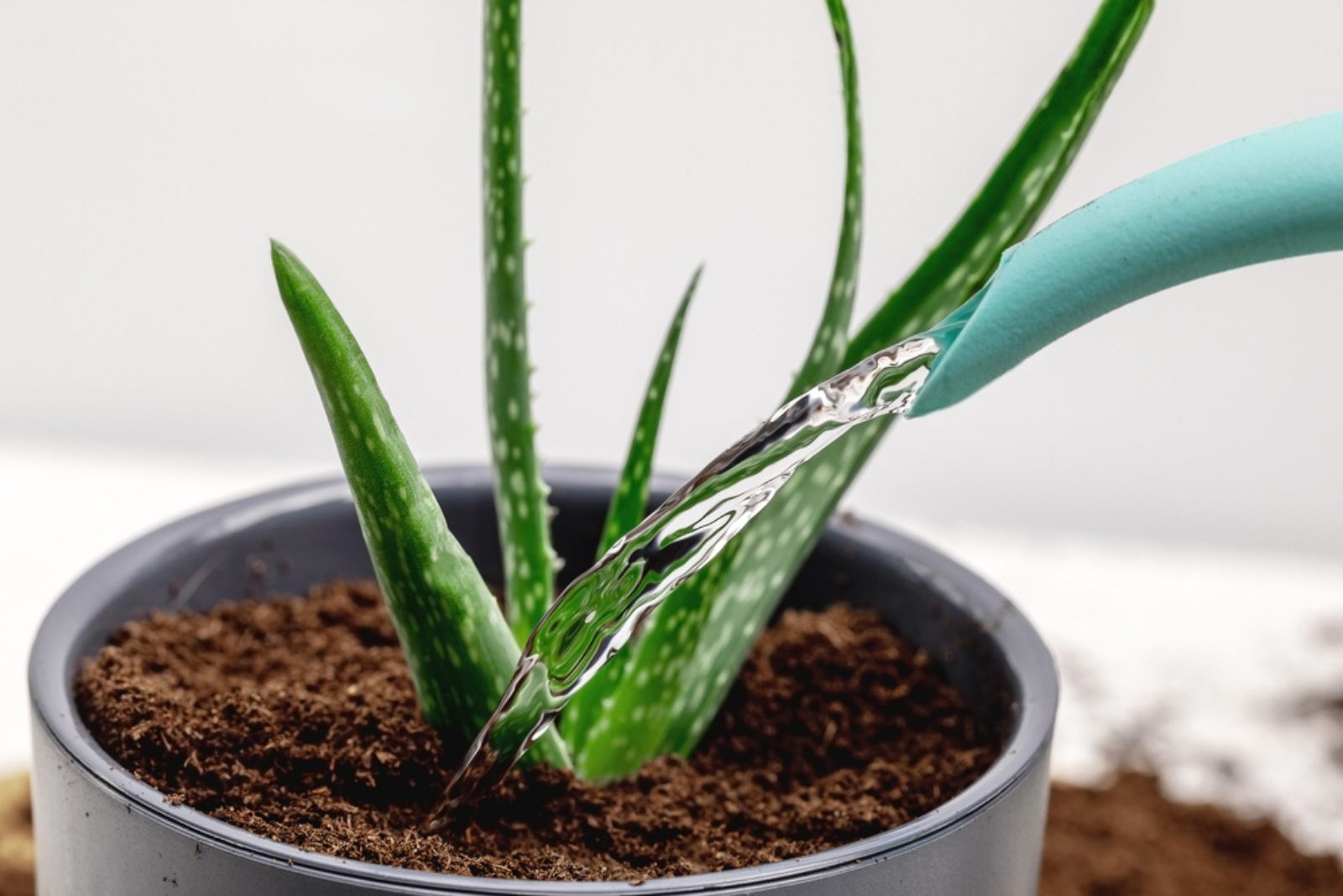
The essential thing to know about aloe vera is that it tolerates drought. This is a succulent plant, which basically means you don’t need to water it frequently ‘cause its leaves can store water for a while.
Of course, you don’t want to dehydrate your aloe vera. The best guideline? Water your aloe vera when the soil has fully dried out!
This is undoubtedly the best way to avoid overwatering and notorious root rot disease. Browning, drooping, and mushy leaves are telltale signs of too much water in the aloe vera plant and if you notice any, act immediately!
If your aloe displays any signs of distress, you can repot it and then resume watering as I showed you. But instead of using sugar water, I recommend going with room-temperature filtered water. And if you’re aiming for the best of the best, rainwater works wonders for plants!
And now you know the truth! Sugar water can cause more trouble than it’s worth, and that’s the last thing you want for your prized aloe vera. Stick to the basics, and you’ll enjoy a happy, healthy plant for years to come!

